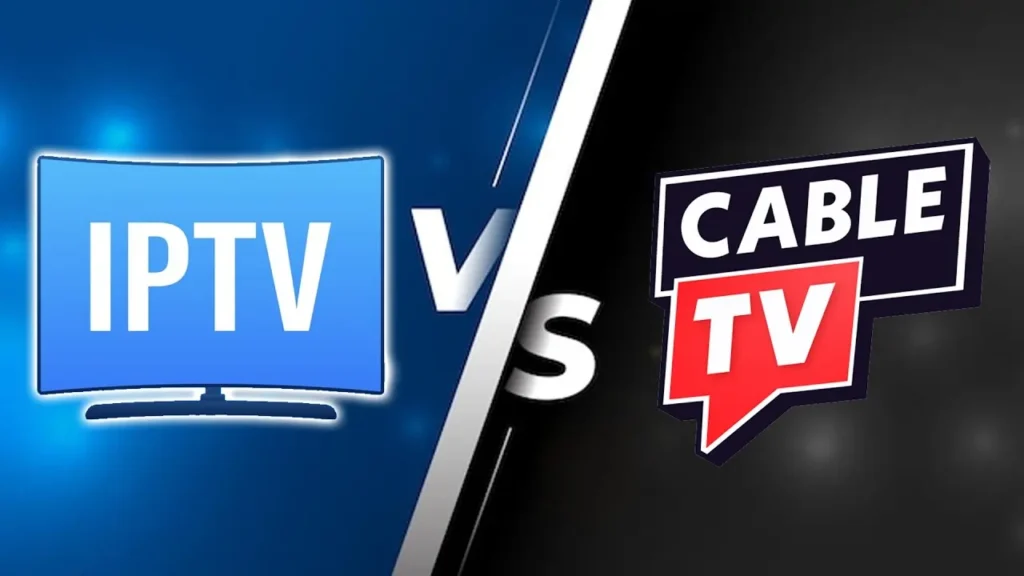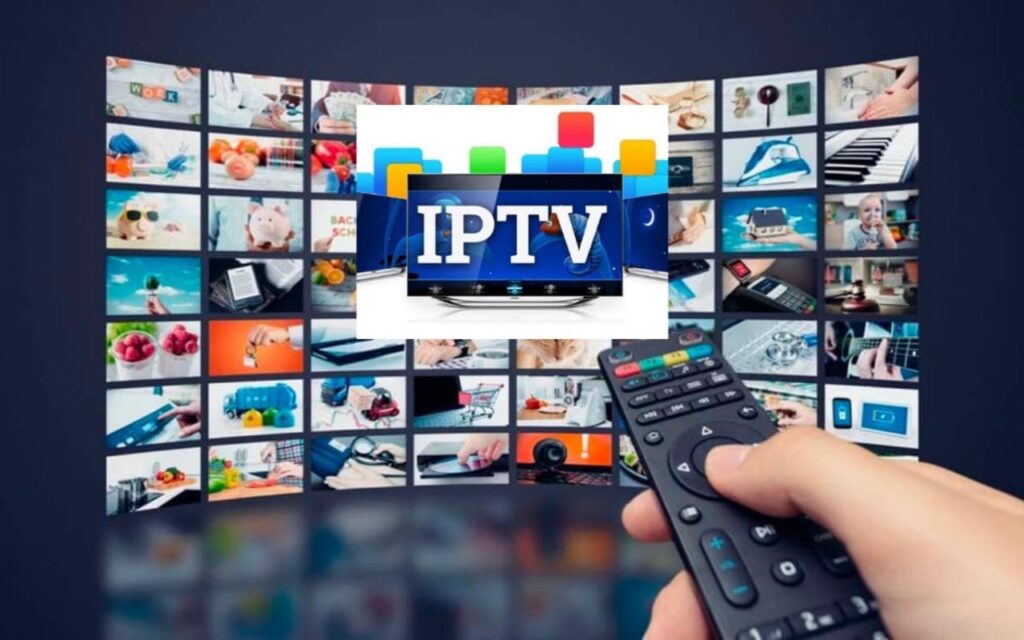The evolution of television has brought about a significant shift in how we consume entertainment. Traditional cable TV has long been the dominant player in the market, but the rise of Internet Protocol Television (IPTV ) has introduced a compelling alternative for consumers seeking flexibility, affordability, and a personalized viewing experience. In this comprehensive guide, we’ll compare IPTV subscriptions with cable TV services across various aspects to determine which one comes out on top.
IPTV Subscription Service VS Cable TV :

1. Content Selection:
Cable TV: Cable TV providers typically offer a wide range of channels, including local networks, premium channels, sports networks, and specialty channels. While the selection can be extensive, cable TV packages often include many channels that may not be relevant to every viewer’s interests.
IPTV Subscription: IPTV offer a diverse selection of channels from around the world, including live TV channels, on-demand content, and specialty channels catering to specific interests. With IPTV, users can choose from various subscription packages tailored to their preferences, ensuring access to the content they want to watch.
Winner: IPTV Subscription. With its customizable channel lineup and on-demand content options, IPTV service provides a more tailored and flexible viewing experience compared to traditional cable TV.
2. Cost:
Cable TV: Cable TV packages can be expensive, with monthly subscription fees, equipment rental fees, and additional charges for premium channels and services. While some providers offer introductory deals and bundle packages, the overall cost of cable TV can add up over time.
IPTV Subscription: IPTV subscriptions are generally more affordable than cable TV, with lower monthly fees and no additional charges for equipment rental or premium channels. IPTV service providers often offer a range of subscription options to fit different budgets, making it a cost-effective alternative to cable TV.
Winner: IPTV Subscription. With its lower monthly fees and transparent pricing structure, IPTV offers better value for money compared to cable TV.
3. Flexibility and Convenience:
Cable TV: Cable TV requires a physical connection to a cable outlet, limiting the flexibility of where and how you can watch TV. Additionally, cable TV packages often come with long-term contracts and limited options for customization.
IPTV Subscription: IPTV offers greater flexibility and convenience, allowing users to access content on multiple devices, including smart TVs, smartphones, tablets, and computers. With IPTV, users can watch TV anytime, anywhere, and on any device with an internet connection.
Winner: IPTV Subscription. With its multi-platform support and on-the-go accessibility, IPTV provides unparalleled flexibility and convenience compared to cable TV.
4. Picture and Sound Quality:
Cable TV: Cable TV typically offers reliable picture and sound quality, with consistent performance even during peak viewing hours. However, the quality may vary depending on factors such as signal strength and cable infrastructure.
IPTV Subscription: IPTV delivers high-definition (HD) and even 4K Ultra HD resolution, as well as immersive audio formats such as Dolby Atmos. With advanced streaming technologies and codecs, IPTV ensures a superior viewing experience with crystal-clear picture quality and immersive sound.
Winner: Tie. Both cable TV and IPTV service offer high-quality picture and sound, but IPTV may have an edge in delivering ultra-high-definition content and immersive audio formats.
5. On-Demand Content:
Cable TV: Cable TV providers offer limited on-demand content, usually through a set-top box or DVR service. While some cable packages include access to on-demand libraries, the selection may be limited compared to dedicated streaming services.
IPTV Subscription: IPTV services provide extensive on-demand content libraries, including movies, TV shows, documentaries, and more. With IPTV, users can access a vast catalog of on-demand content at their convenience, with the flexibility to pause, rewind, and fast-forward as desired.
Winner: IPTV Subscription. With its comprehensive on-demand content options, IPTV offers a more robust selection compared to cable TV.
Conclusion:

While both IPTV subscriptions and cable TV services have their strengths and limitations, IPTV emerges as the clear winner in several key areas. With its customizable channel lineup, lower cost, greater flexibility, superior picture and sound quality, and extensive on-demand content options, IPTV provides a more tailored, affordable, and convenient viewing experience compared to traditional cable TV. As the television landscape continues to evolve, IPTV is poised to become the preferred choice for consumers seeking a modern and immersive entertainment solution.

